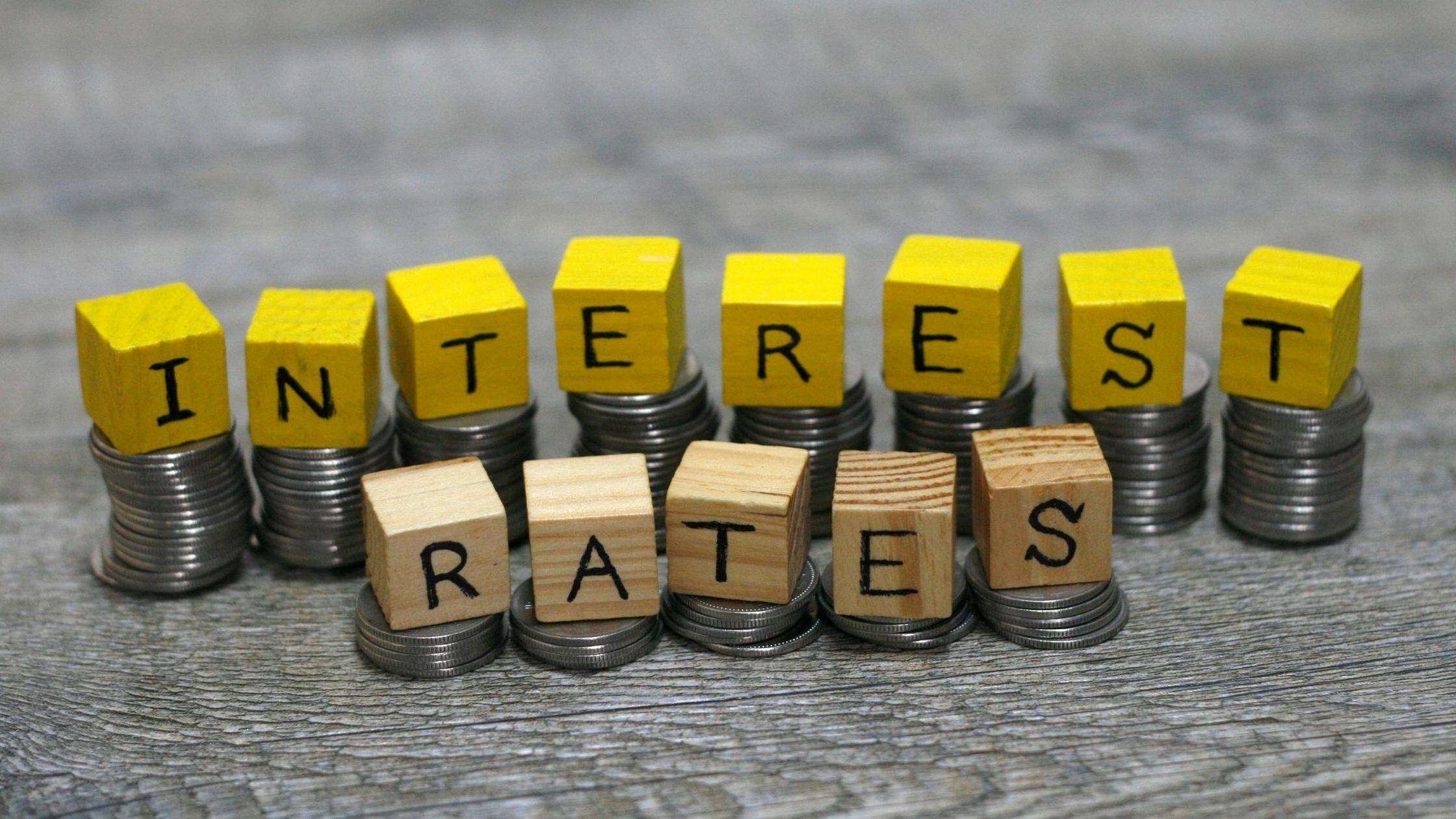Interest rates have been hovering at all-time lows since the Great Recession. This was an intentional strategy to kickstart the country’s economy. However, in recent years, interest rates have been going up. These rising interest rates can affect businesses and business financing in many ways.
What do rising interest rates mean for business financing?
While it may seem like rising interest rates are inherently a problem, there is some good news about these interest rates. Rising interest rates mean that deposit money is eligible for higher returns. If you spread your business’ extra cash around, you can invest in the highest possible return, and this can be a valuable asset to your overall cash management strategy.
Unfortunately, rising interest rates can also mean higher debt payments. If you’re lucky enough to have a fixed-rate loan for your business, you are fine. However, if your loan has variable rates, the rising interest rate can lead to higher monthly payments.
Inevitably, rising interest rates will result in a higher cost for growth. Because most businesses need loans to purchase buildings or make other significant purchases, higher interest rates will impact how much a business can grow. These costs can trickle down to your business and determine your cash flow needs and other budget concerns.
This may seem like a negative thing, but higher interest rates are an indicator of economic strength. Businesses do better in a strong economy
Since the Great Recession, interest rates have been low, but in most recent years, they’ve been rising. This can create a roadblock in your business because of higher debt payments and higher costs for growth. However, rising interest rates also mean that the economy is thriving, and it is a good time to invest in your business.






